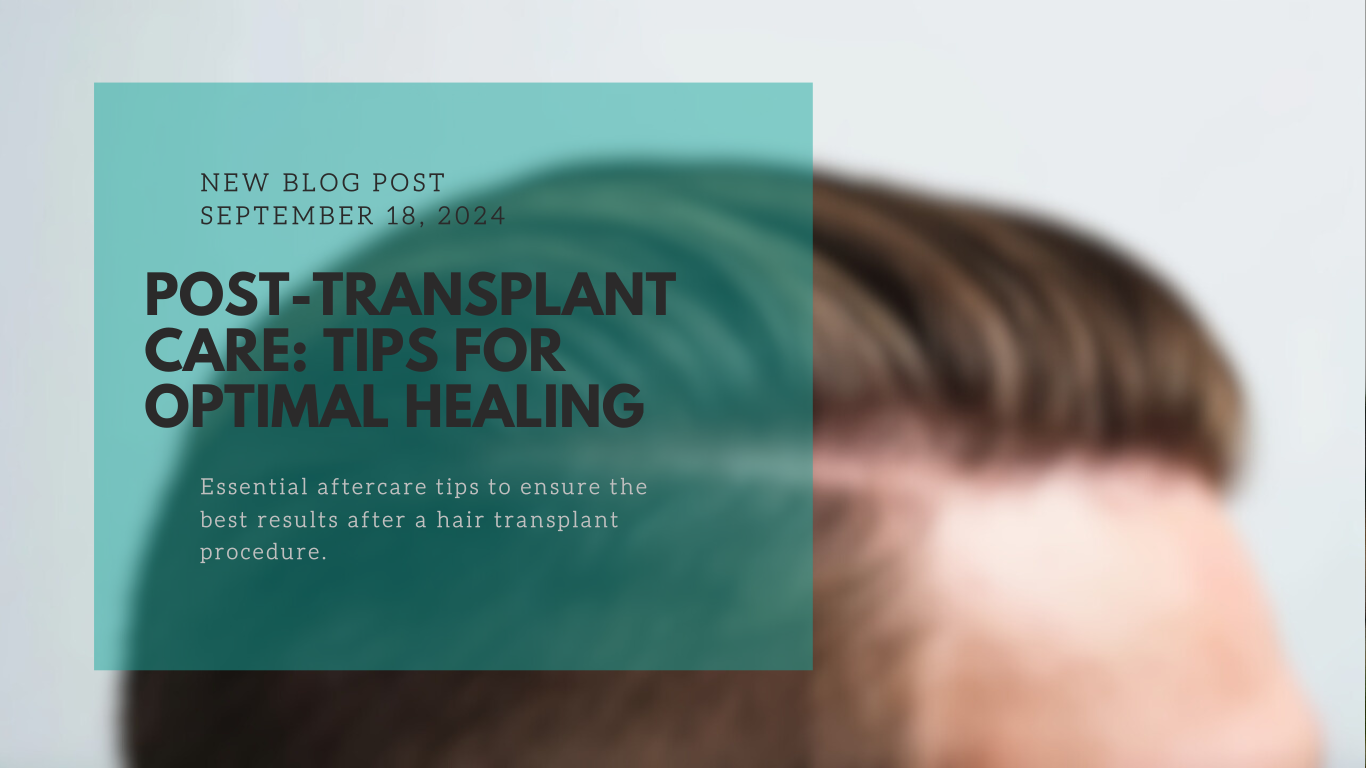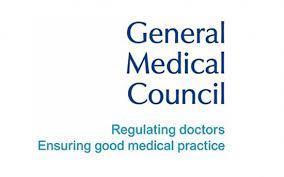Introduction
Hair transplants are a popular surgical procedure for individuals experiencing hair loss. While the procedure itself is crucial for achieving the desired results, proper aftercare is equally important for ensuring optimal healing and maximizing the long-term success of the transplant. This blog post provides essential tips for post-transplant care, helping you maintain a healthy scalp and promote hair growth.
Essential Tips for Post-Hair Transplant Care
- Follow Your Surgeon’s Instructions: Your surgeon will provide specific guidelines for aftercare tailored to your needs. Adhering to these instructions is essential to prevent complications and promote healing.
- Avoid Strenuous Activity: Engaging in strenuous activities or heavy lifting can increase blood flow to the scalp, potentially dislodging the transplanted grafts. It is recommended to avoid such activities for a period of time as advised by your surgeon.
- Protect Your Scalp: Shield your scalp from direct sunlight, extreme temperatures, and harsh weather conditions. Wearing a hat or cap can help protect the transplanted grafts and prevent irritation.
- Gentle Hair Washing: Use a mild shampoo and conditioner as recommended by your surgeon. Wash your hair gently and avoid scrubbing or rubbing the transplanted area.
- Avoid Certain Medications: Some medications can interfere with the healing process. Consult with your surgeon to determine if you need to avoid any specific medications during the recovery period.
- Elevate Your Head: Sleeping with your head elevated can help reduce swelling and promote drainage. Use pillows to prop up your head while sleeping.
- Avoid Smoking and Alcohol: Smoking and excessive alcohol consumption can hinder the healing process and increase the risk of complications. Abstain from these habits during the recovery period.
- Attend Follow-Up Appointments: Regular follow-up appointments with your surgeon are crucial for monitoring the healing process and addressing any concerns.
Conclusion
Proper post-transplant care is essential for optimal healing and maximizing the long-term success of your hair transplant. By following the tips outlined above and adhering to your surgeon’s instructions, you can significantly improve the chances of a successful outcome and enjoy a fuller head of hair.






